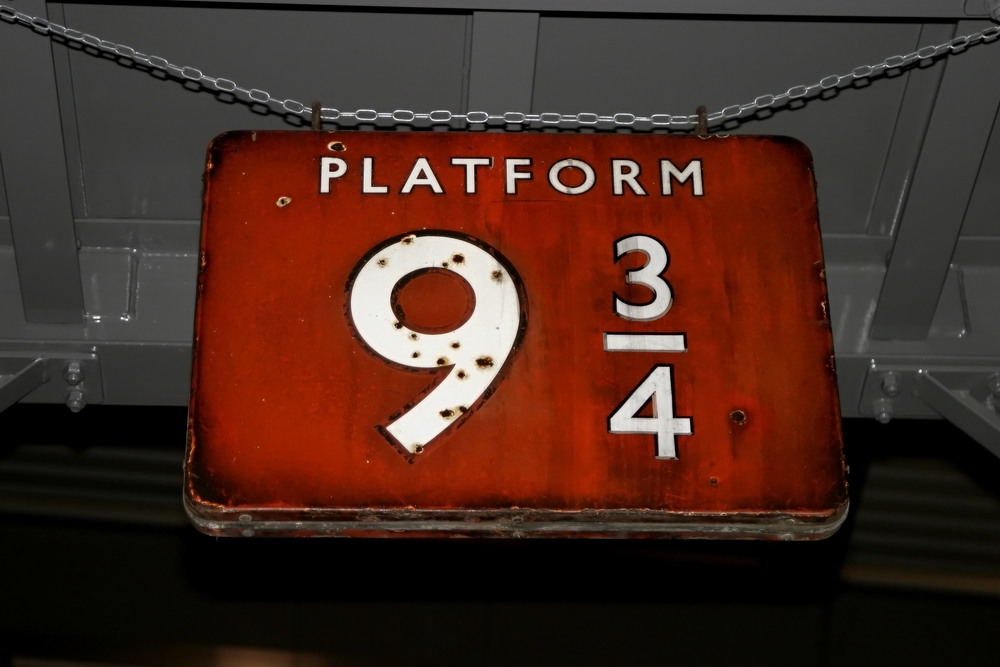Last week, for the first time ever, a major author—or, in many minds (as though it’s a matter of opinion), THE world-premiere author of the #1 best-selling series in publishing history, J.K. Rowling—has decided (with her publisher) to release the ebooks directly. Sans DRM.
For those who don’t know, DRM (or “digital rights management”), is the software programming used by various ebook vendors that causes their ebooks to only be readable through their devices or apps. For example, if you buy a Nook book, you could only read the ebook on any Nook device OR any other computerized device where the Nook app is available (because DRM is part of the file). The Harry Potter Series is being offered digitally WITHOUT this feature, meaning that the ebooks—once you buy them digitally—can be fluidly transferred to any e-reading device, smartphone, or computer. They can also be lent out indefinitely, just like traditional books.
The digital Harry Potter books can only be offered on the website Pottermore.com. Other traditional ebook vendors (Amazon, Barnes & Noble, etc.) can only link to it. This means that, unless a buyer clicks into Pottermore.com through a vendor’s site, the vendor does not receive profit from the sale of the ebook. (It is rumored that vendors will receive “commission” on sales made on Pottermore.com by clicking through from the ebook vendor’s site.)
Traditional publishers should have been doing this all along. With the Harry Potter ebooks, rather than allowing the ebook vendors to get credit and profits, they are taking it themselves and making the sale direct. This is exciting for traditional publishing because it is laying the foundation for what could be a strong counteraction against Amazon’s reign.
Could this have worked with any other author? Possibly; Stephen King might have been able to pull it off. The publisher is smart in blazing this trail with a book series they know will be successful digitally. The problem? Timing. Had this seemingly groundbreaking movement begun with traditional publishers ten years ago, right when the digital book revolution was just barely beginning to stir, traditional publishers could have OWNED this industry rather than simply reacting to it. Had traditional publishers taken early risks in digital publishing, it could have resulted in traditional publishers being the leaders in the publishing revolution—rather, they have been placed at the mercy of (e)book vendors. In selling the Harry Potter ebooks independently, they’ve taken back a significant crumb of the ebook industry (but a crumb nonetheless). They will doubtlessly try this with other titles, and may bring some successes.
Could this work for indie authors? While it is clear that traditional publishing is taking a trick from indie publishing (i.e., direct sales), indie authors still need the book-selling vendors for the sake of exposure. The bright side? This is a direct counteraction against the indie-friendly Amazon model that embraces authors and books of all publishing backgrounds. The indie movement’s momentum is more than in full swing—it is booming. It’s highly unlikely that this action will set into motion a movement to replace Amazon and Barnes & Noble with traditional publishers’ online bookstores.
As for me, I’m just excited to have my Harry Potter ebooks on my Nook AND be able to share them on my brother’s Kindle.

